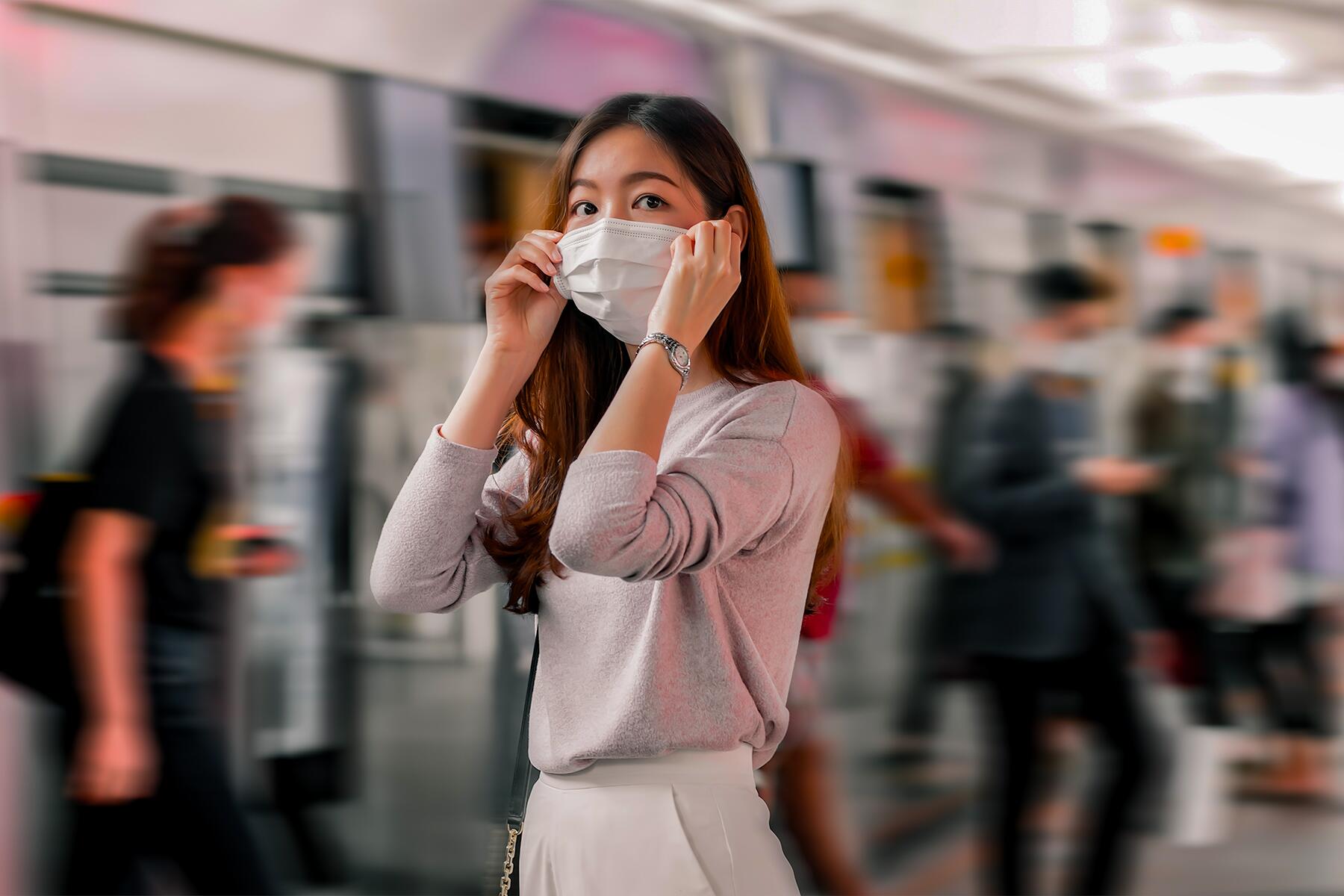Traveling while immunocompromised can be scary, but if you follow these preventative tips, you can still enjoy your adventure.
Immunocompromised people always have to be cautious. As a kid with two kidney transplants, I had to purposefully ruin my immune system so that my body’s defenses wouldn’t ruin the kidneys that my parents gave me. I couldn’t go to preschool, didn’t have a dog or cat growing up, and I spent at least a week or two home from school every year due to some illness.
The last few years have been rough for everyone, but especially for immunocompromised people, which includes people with chronic illnesses such as lupus and those who are on some medical treatments, including corticosteroids. But fret not, my fellow weak-immune-system-havers! Traveling is well and truly back in our lives. We just have to do a few things before catching the plane.
Keep Up With the Basics
Just because you may be in a new place does not mean that you forget your basic health and hygiene habits. Wash your hands, brush your teeth, and take your prescribed medication, no matter where you go.
Recommended Fodor’s Video
Speaking of medications, make certain that you have enough medication to last the entire trip, plus a few extra days, just in case there are problems coming back home. And make sure that those medications come with you in your carry-on if you’re going by plane. Keep your medication in hand, and never store them in the checked luggage, no matter how much space they take up. Missing medication could mean missing life.
Check Your Vaccinations
Of course, the hot new vaccine is for COVID-19. If you are immunocompromised, you were likely counting down the days that lead to your first doses. But before going on the next trip, be certain that you have had your booster(s).
But let’s not forget the other vaccines that have kept other illnesses in check. Make certain you kept up with your routine vaccines. Check with your doctor if there are any that you are missing and if they can be made up if a missing shot comes up.
Alas, compromised immune systems are not compatible with all vaccines. For example, the yellow fever vaccine uses a weakened but live version of the virus. To make matters more complicated, depending on where you live, some countries might require travelers to have the vaccine before entry–such as Ghana and French Guiana; other countries, including Singapore, might make you go into a temporary quarantine if you do not have the shot. Be certain to get the shots that are not just required, but also those recommended if at all possible. If it’s unsafe to get a certain shot, your doctor will have to sign a waiver saying it is unwise to get the vaccine, that you are aware of the risk that you are taking, and that the travel is unavoidable. If the travel is not completely necessary, you probably should not go.
Check for Outbreaks—of Anything
The reason that vaccines are necessary is that they protect you in case you come into contact with any potential disease. Outbreaks can occur anywhere at any time and can impact your trip.
For example, I was planning on taking part in a year-long exchange program in Germany starting in 2015. However, there was a major problem. There was a measles outbreak in the country, especially in Berlin, during that time. Why? Not enough people in Germany were vaccinated against the illness. About 90% of people in the country were vaccinated, below the 95% goal that European countries would consider the disease eradicated. Due to my immune system, I could not get my second dose of the MMR (Measles, Mumps, and Rubella) vaccine, and measles could be potentially fatal if I caught it. I was only allowed to go to Germany after I received an immune globulin infusion against the illness.
Seek a Travel Doctor
Travel doctors are specialized in determining which diseases are prominent in certain parts of the world. If you can tell them which areas you are traveling to, the travel doctor will let you know if you need any extra immunizations or if you need to stay away from certain areas for health reasons.
Keep Masks Handy
While many of our friends ditched their masks long ago (if they ever wore them), COVID-19 is still ongoing and immunocompromised people are still at risk. Keep those masks at hand and wear them whenever you are in a crowded area.
It’s perfectly safe to not wear a mask when you’re far away from others, so take a breath of fresh air in the countryside. But if you are on a crowded train, put the mask on and keep it on. Your lungs will thank you.
Plus, in some places around the world, it is mandatory to wear masks in certain areas. Long-distance trains in Germany still require all passengers and staff to put on at least an FFP2 mask while on board.
Be Prepared for Something to Go Wrong
Even if we take every precaution, there’s still a chance we can get sick while on the road. If you travel enough, it is simply inevitable.
In case of a medical rainy day while away, be sure to have insurance that will cover you where you are traveling, and have a list of nearby hospitals or doctors on hand that will work with that insurance. Or if it is going to be an extended trip, try to go to a hospital if it is nearby, just to get an understanding of the layout and maybe informally talk to a nurse or doctor. That way, there is already an established relationship before something happens.
It’s perfectly fair to be concerned about getting back out in the world, especially if you spent much of the last few years away to stay safe from COVID. But if you take a few precautions, the world will be yours once more.






Thanks for this article! Your tips have been helpful for travelers facing obstacles of all sorts.